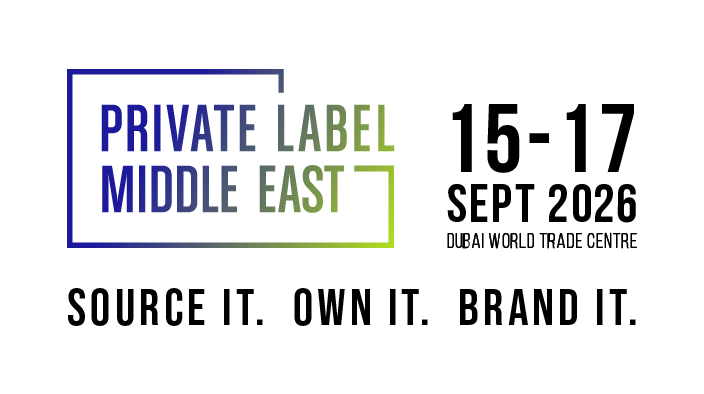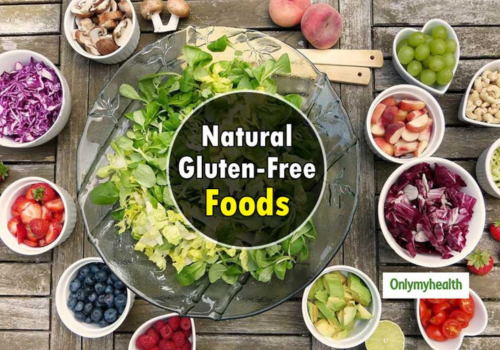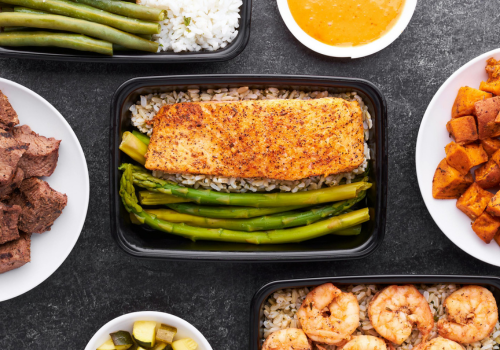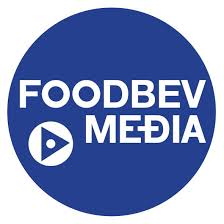Private Brands have undergone a dramatic transformation over the years. Once synonymous with low-cost, generic alternatives to national brands, they have matured into sophisticated, high-quality offerings that compete head-to-head with, and sometimes outperform, well-known branded products. This evolution has introduced a new layer of value, extending beyond just price. In today's competitive retail environment, Private Brands are offering consumers additional benefits, such as better health and wellness options (including “free-from,” gut health, or nutritionally balanced products), convenience, or premiumisation. Here is a deeper look at some of these elements and how they contribute to the rising “extra-value” perception of Private Brands.
Historically, Private Brands were positioned as budget-friendly alternatives. While this remains a foundational value proposition, many retailers have introduced premium Private Brand lines that rival National Brands in both quality and innovation.
Premiumisation is anchored in key traits such as top quality, attractive packaging, gourmet ingredients, or unique formulations. Retailers like Tesco in the UK, with its Tesco Finest brand, have led this charge. These products appeal to consumers seeking an affordable indulgence—premium experiences at lower prices than their branded counterparts.
Beyond Price, another significant shift in consumer behaviour over the past decade has been the focus on health, wellness, and ingredient transparency. The rise of more diverse dietary preferences (e.g., gluten-free, dairy-free, plant-based) has created a strong demand for “free-from” options, which can be free from allergens, as well as artificial ingredients, GMOs, and animal raw materials.
Private brands have responded with agility, often quicker than national brands. Retailers have diversified their offerings and presented dedicated lines to respond to these specific customer needs. This diversification has been translated into key areas, including gluten-free snacks, plant-based meat and dairy alternatives, non-GMO and organic lines, as well as no-added-sugar and low-sodium alternatives.







)
)
)
)
)
)
)
)
)
)
)
)

)
)
)
)